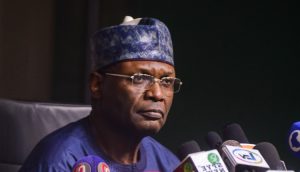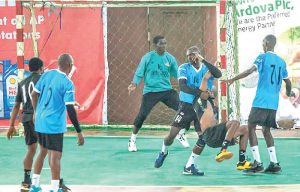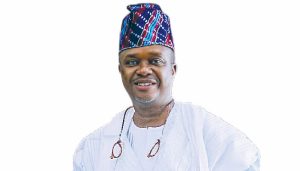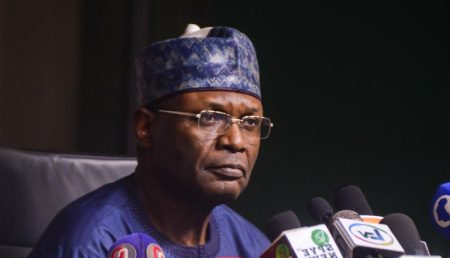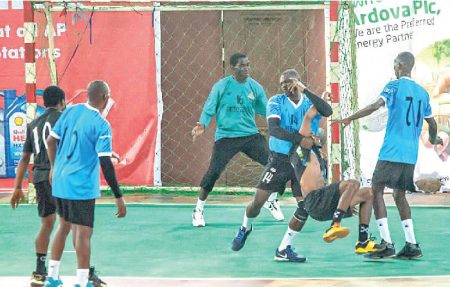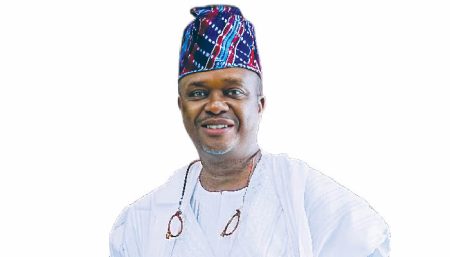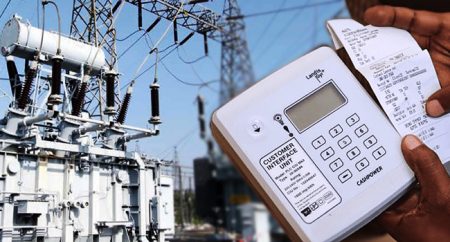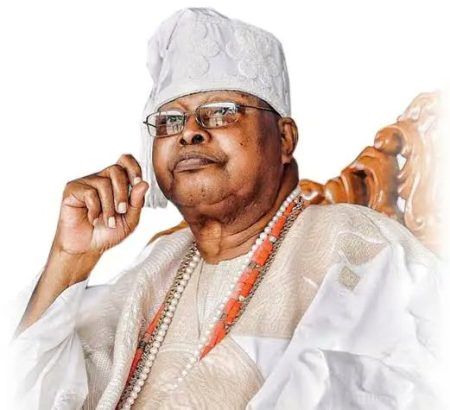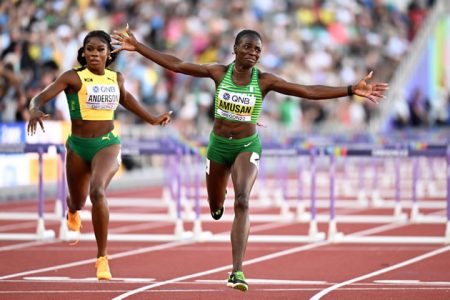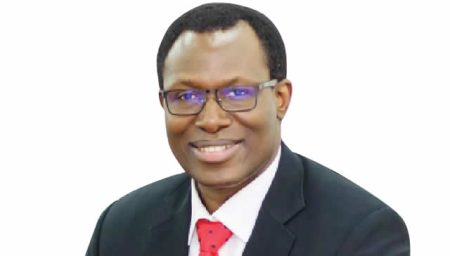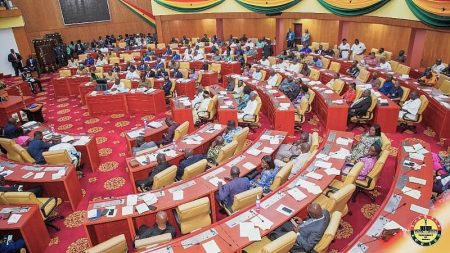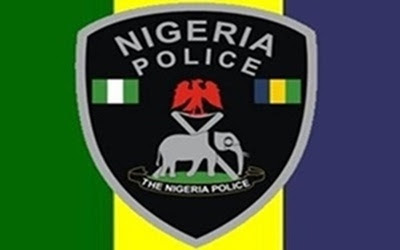Senator Shehu Sani’s critique of the opposition in Nigeria paints a picture of disgruntled politicians motivated by personal ambition rather than genuine concern for the populace. He argues that these figures, who belong to the same ruling class they now criticize, are merely leveraging national challenges to position themselves as superior alternatives, conveniently forgetting their own past involvement in governance since 1999. Their attacks on President Tinubu’s administration, according to Sani, stem from their exclusion from power and a frustration born of lost influence. He dismisses their posturing as anything other than a calculated political maneuver designed to regain their lost status within the established power structure.
Sani’s argument extends to the internal struggles within the opposition parties. He condemns the tendency to blame President Tinubu for the crises plaguing parties like the PDP, NNPP, SDP, and LP. He finds it illogical to expect the president to resolve the internal conflicts of his political adversaries, emphasizing that each party should take responsibility for its internal affairs. Blaming Tinubu, in Sani’s view, is a deflection tactic, an attempt to externalize responsibility for their own internal failures. He contends that a functional opposition must first address its own internal issues before it can effectively challenge the ruling party. He likens the situation to a strategic game of football where distracting the opponent with internal problems offers a tactical advantage.
The Senator further underscores the futility of expecting President Tinubu to mend the very political machinery designed to oppose him. This, he posits, is a naive expectation, given the inherent nature of political competition. He suggests that the opposition’s focus should be on strengthening its own internal structures and resolving its own internal conflicts rather than seeking solutions from the very person they are vying to replace. A strong and effective opposition, he implies, arises from internal cohesion and strategic planning, not from expecting the ruling party to resolve its internal conflicts.
Sani’s commentary also touches on President Tinubu’s role in the June 12 struggle, which he describes as unparalleled and deserving of recognition. He sees the award not as a personal accolade for Tinubu but as a symbol of the broader struggle for democracy and an encouragement for future generations to make sacrifices for the betterment of the nation. Furthermore, Sani calls for President Tinubu to maintain an open stance towards public protests, highlighting the irony of a former protest participant leading a government that potentially restricts the same rights he once exercised. This emphasis on tolerance for dissent underscores Sani’s view of a healthy democracy.
Addressing comparisons between Tinubu’s government and military rule, Sani dismisses them as a misrepresentation of the current political landscape. While acknowledging that democracy in Nigeria is not yet perfect, he emphasizes the significant progress made since the era of military rule. He believes that those drawing parallels between the two are deliberately downplaying the advancements achieved in the democratic process. Sani acknowledges the ongoing need for improvement but cautions against hyperbole that distorts the reality of democratic progress.
Finally, on the issue of political tension in Rivers State, Sani advises against extreme measures, viewing the declaration of a state of emergency as a tool to encourage dialogue and find a peaceful resolution to the ongoing tensions. He frames the declaration not as a punitive measure but as a means to facilitate communication and negotiation between conflicting parties. This approach, he suggests, is aimed at de-escalation and finding a pathway towards amicable resolution rather than exacerbating the conflict through heavy-handed intervention.


